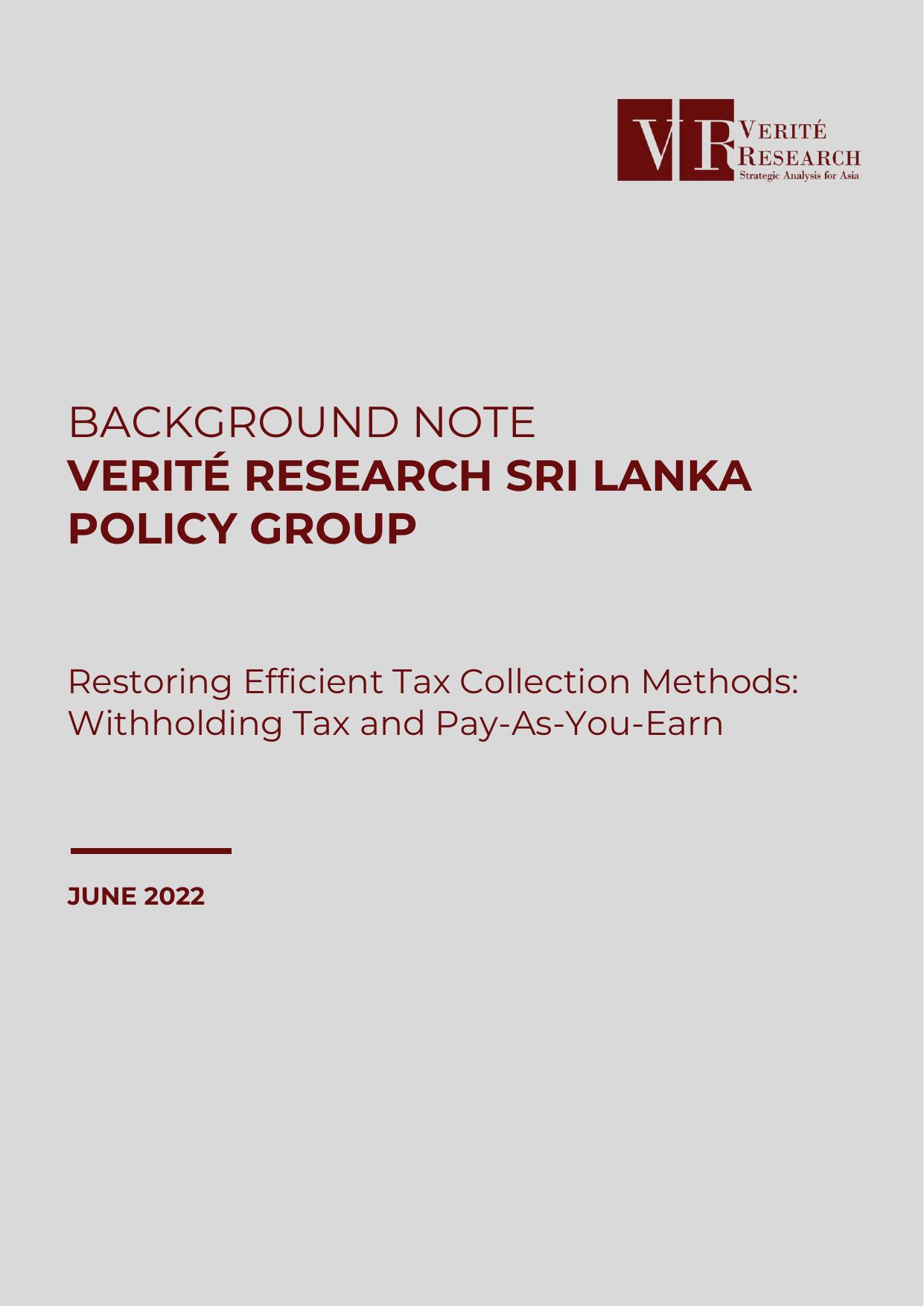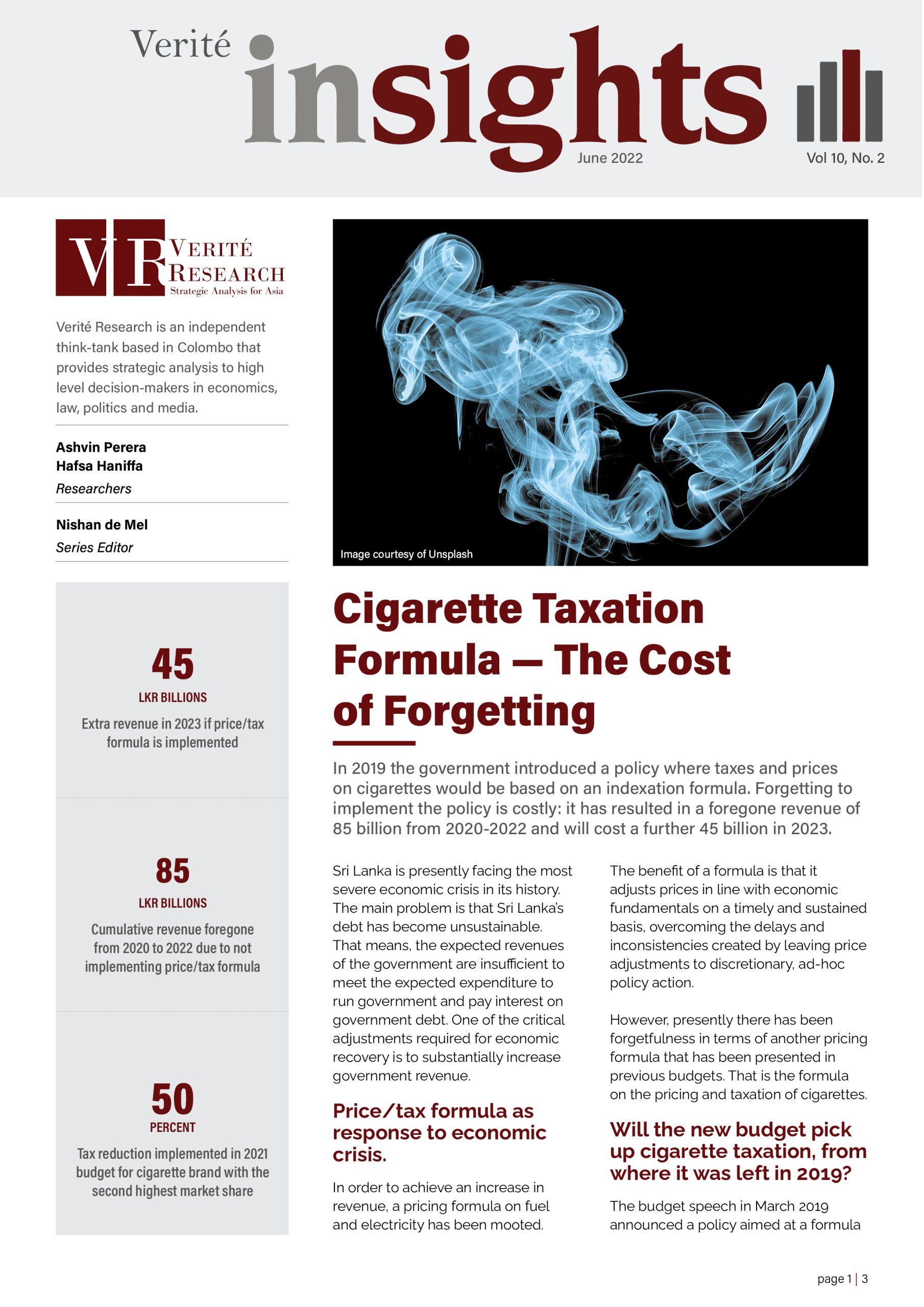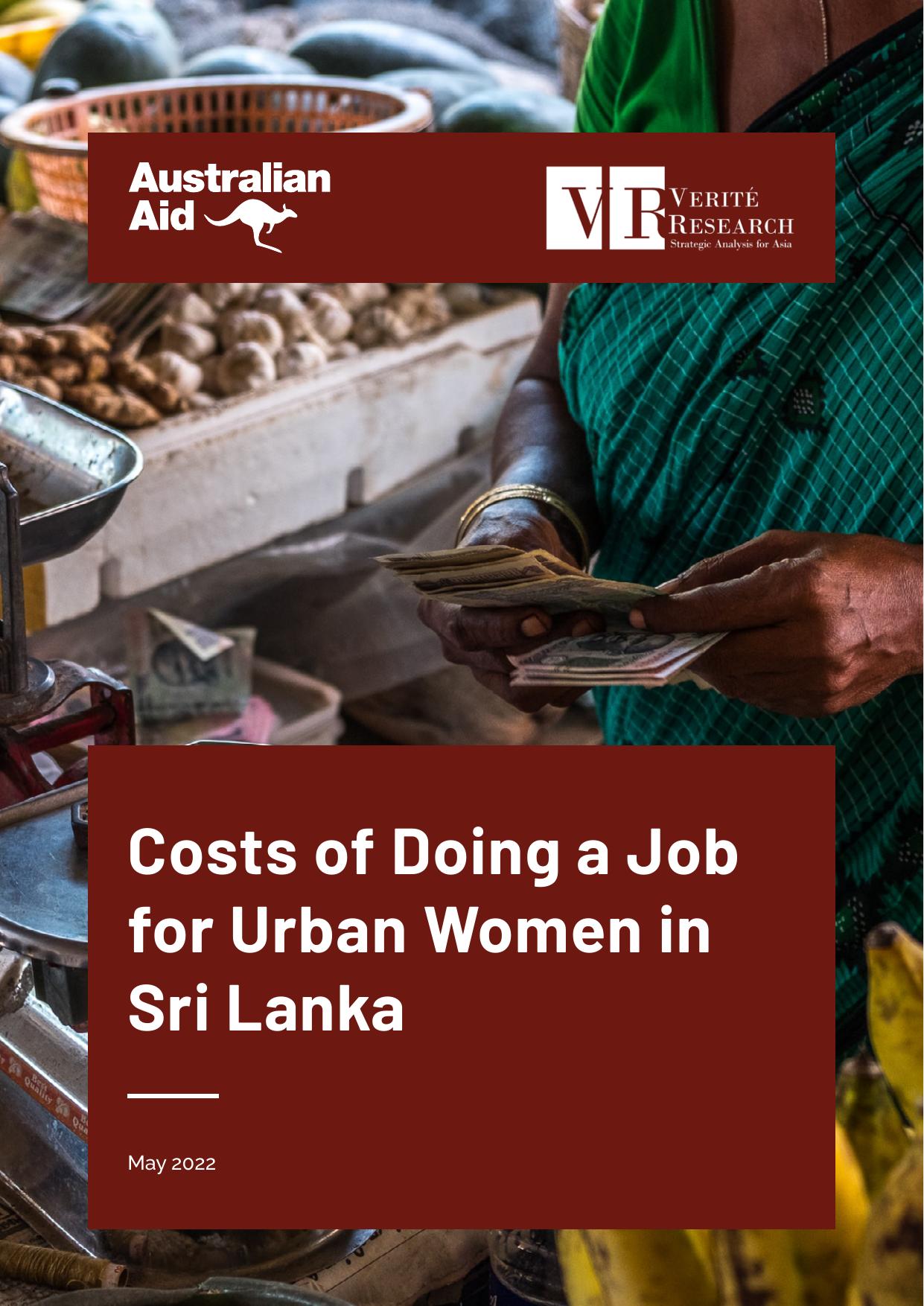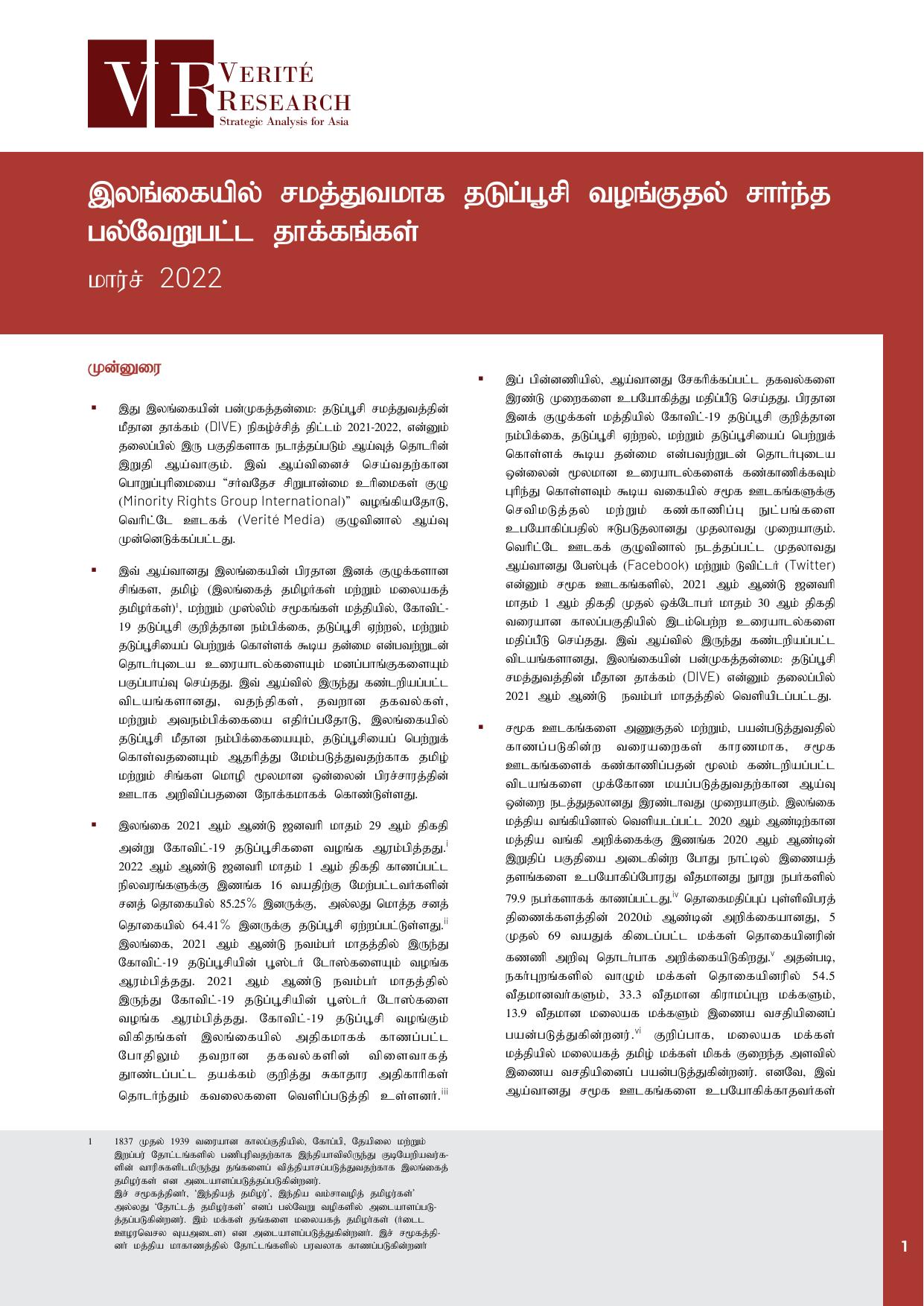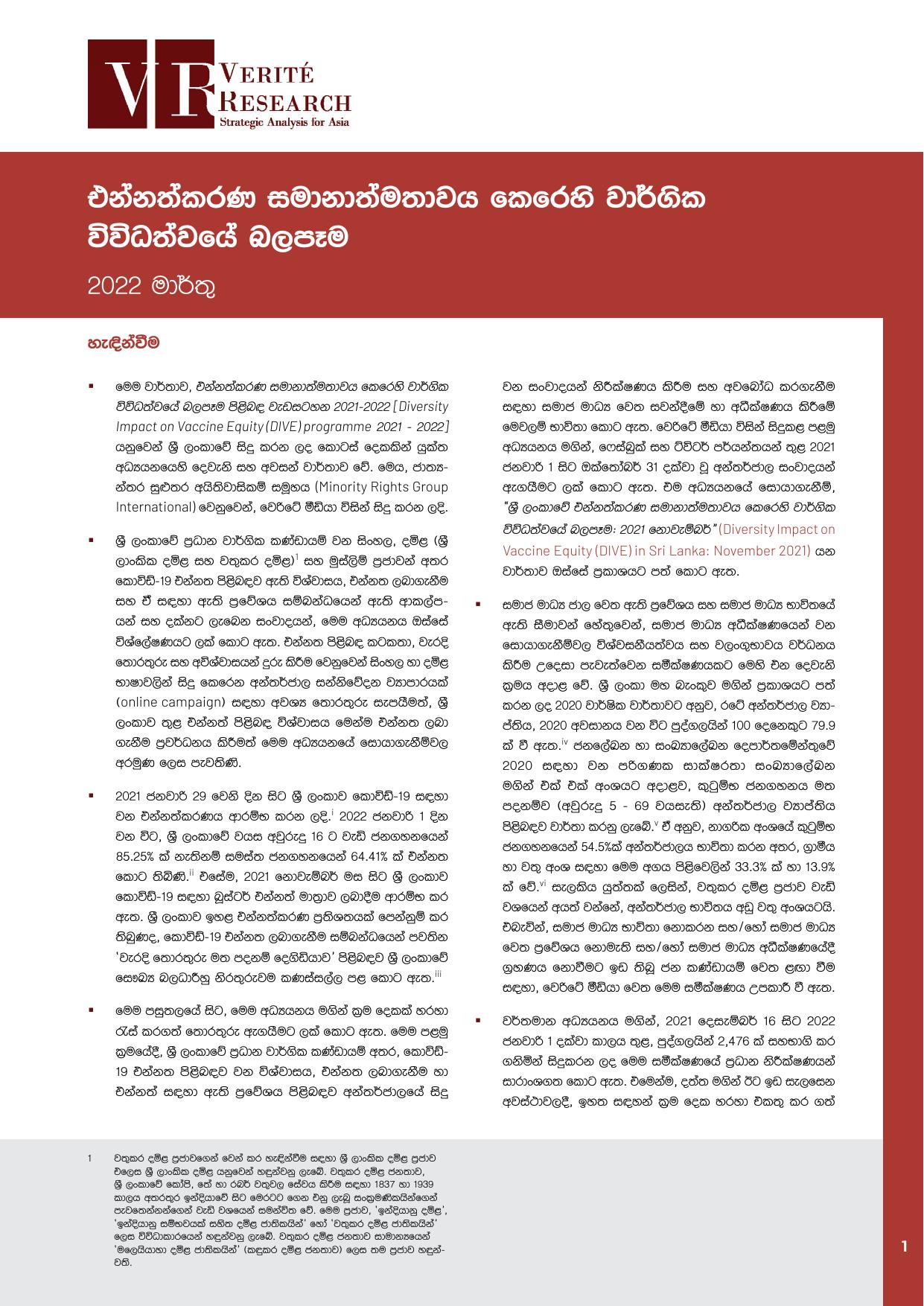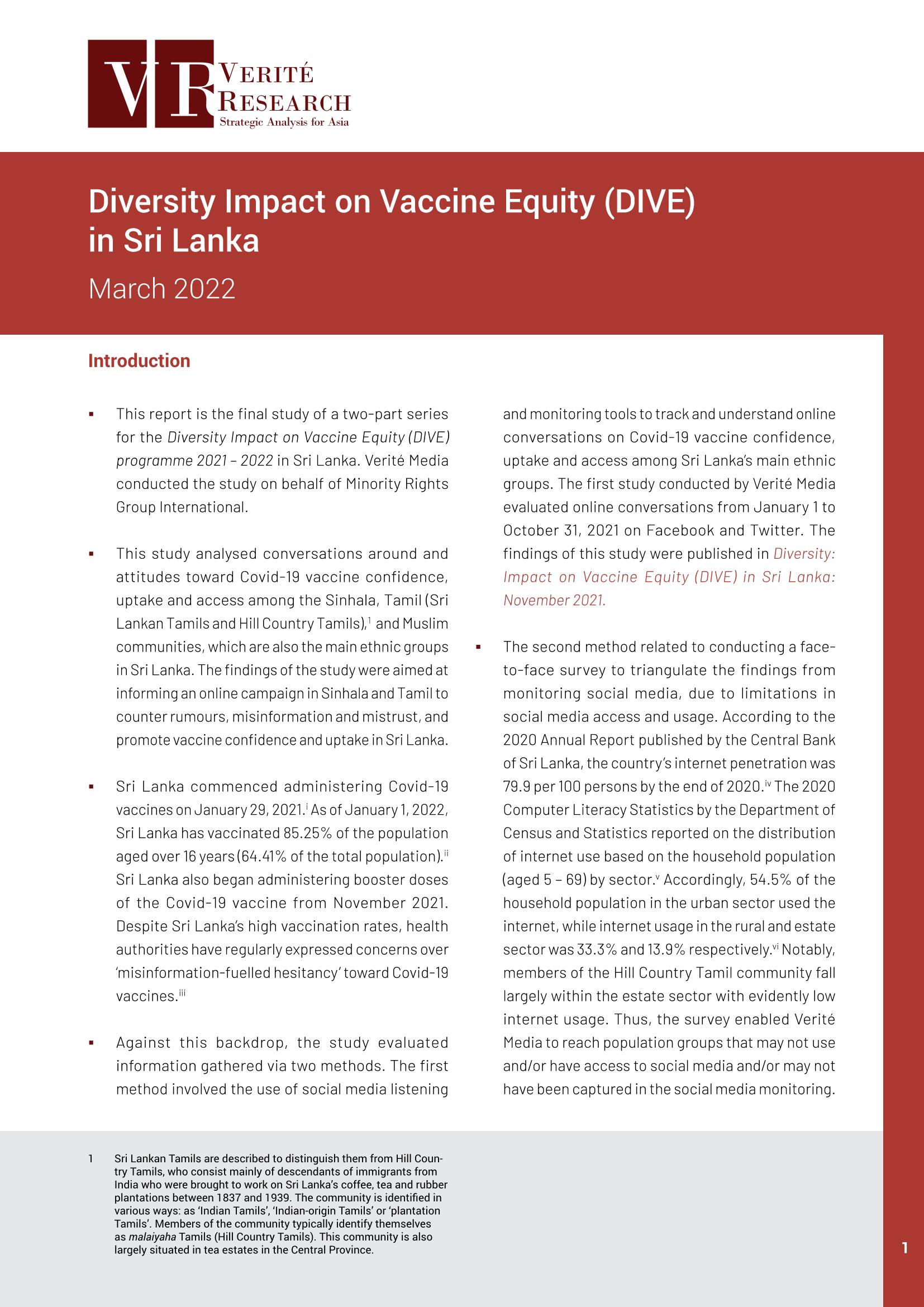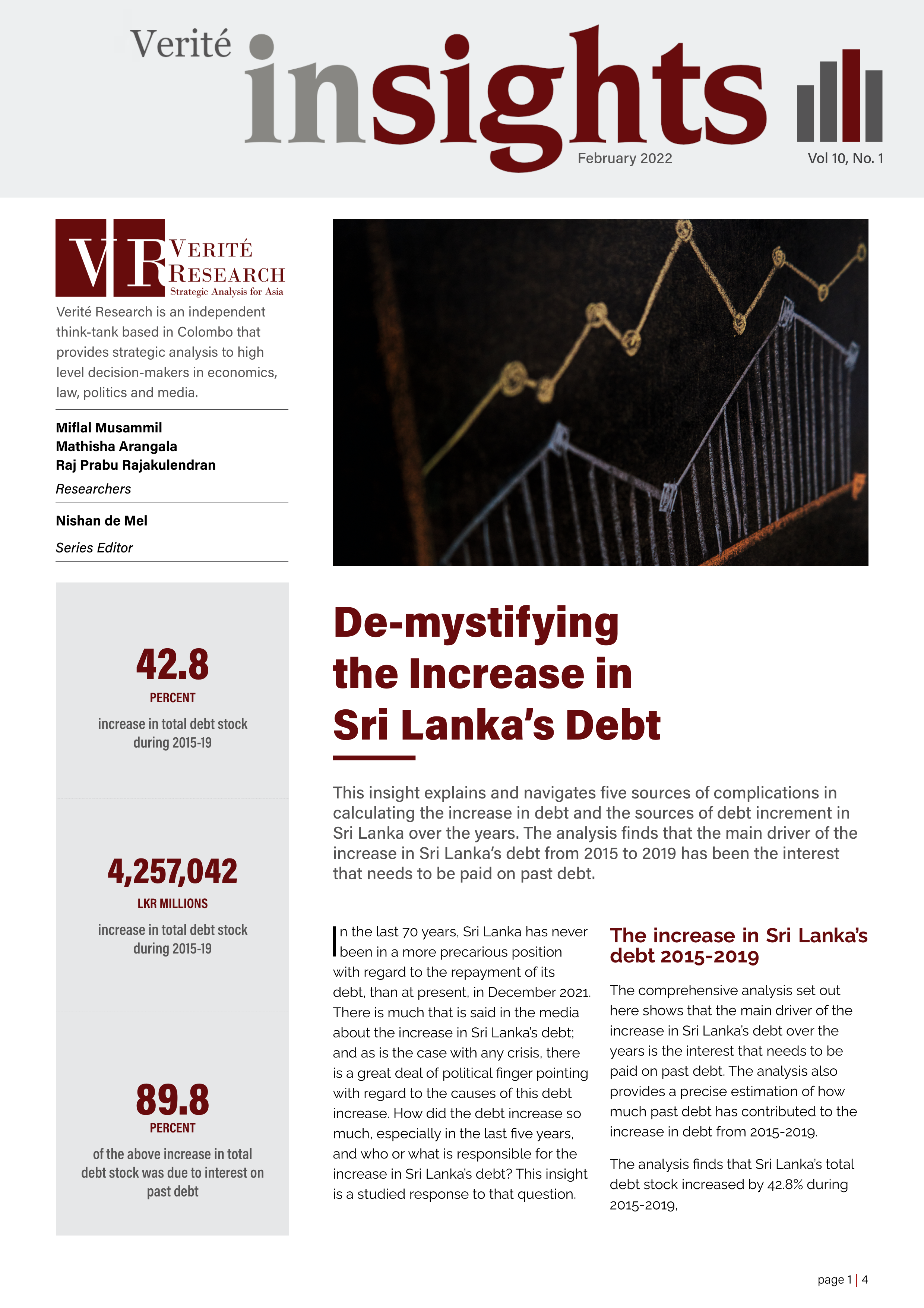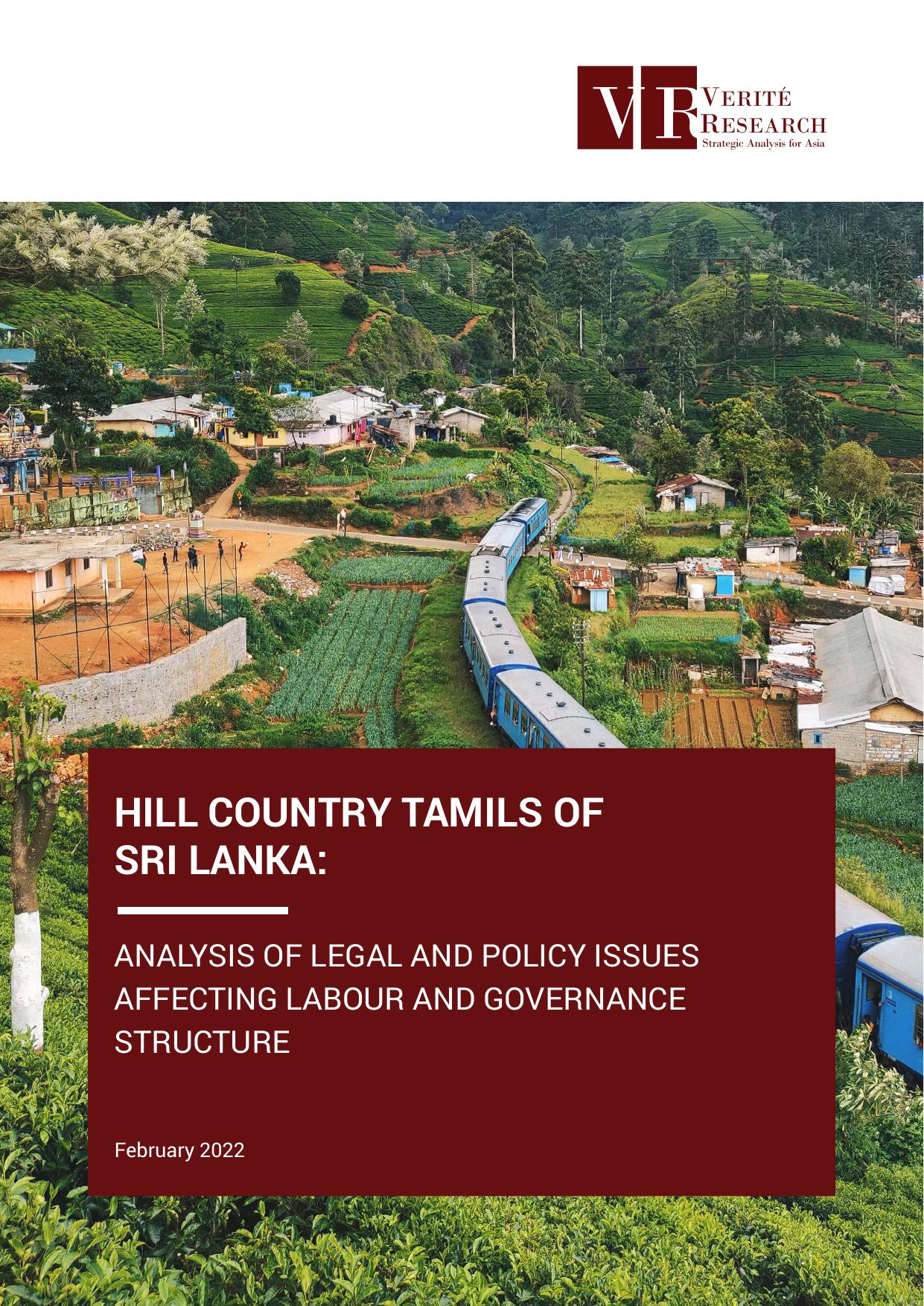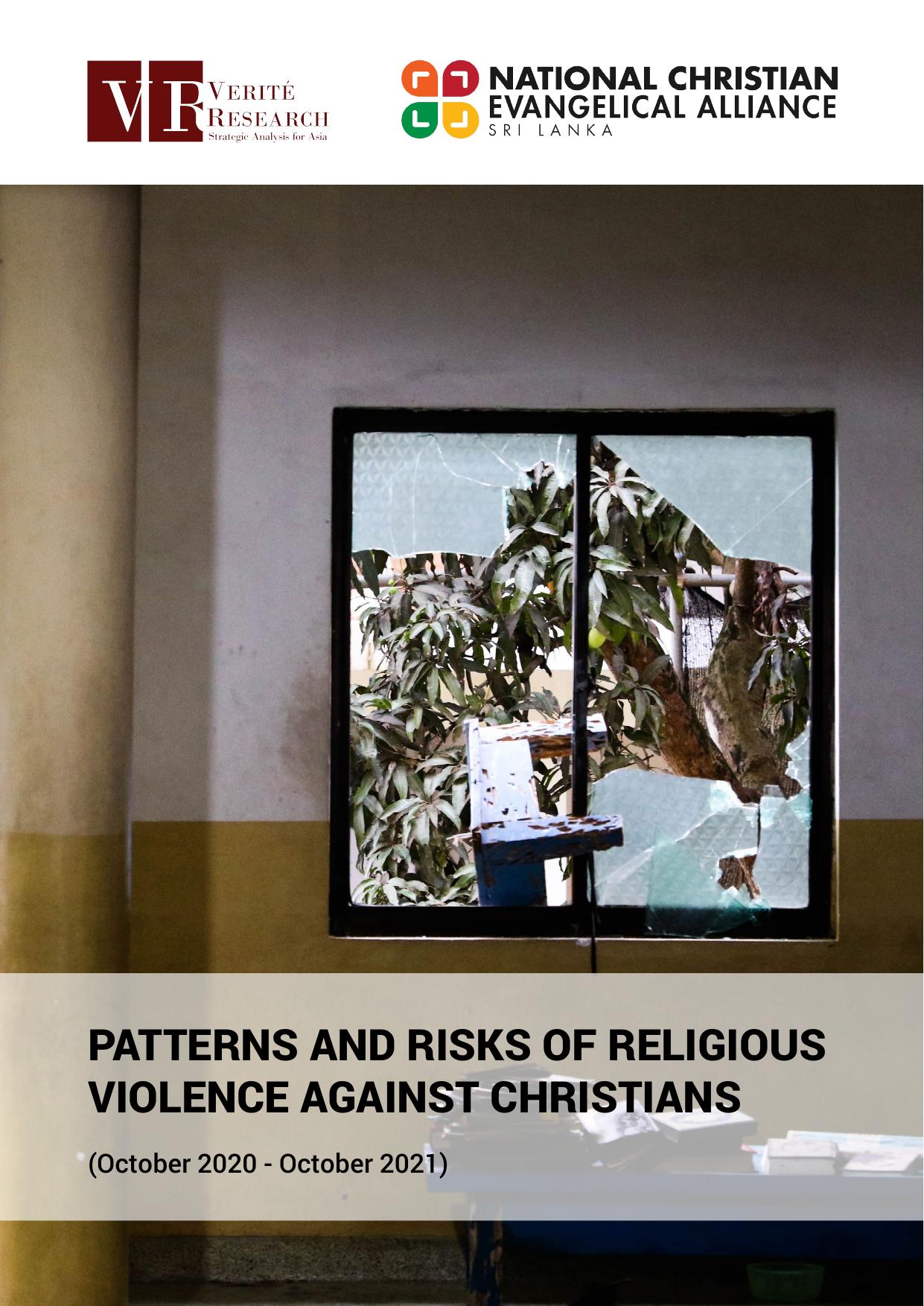This note by the Verité Research Sri Lanka Economic Policy Group estimates the additional revenue that can be collected from reinstating in Sri Lanka two methods of efficient tax collection that were discontinued in 2020. That is: the withholding tax (WHT) and the pay-as-you-earn (PAYE) methods of tax collection. Without any change in the current, reduced, tax rates, and a WHT of 10% the additional revenue that can be collected is estimated to be 0.70% of GDP (which is LKR 184.2 billion in 2023).
In 2019 the government introduced a policy where taxes and prices on cigarettes would be based on an indexation formula. Forgetting to implement the policy is costly: it has resulted in a foregone revenue of 85 billion from 2020-2022 and will cost a further 45 billion in 2023.
This study aims to address the knowledge gap on how ‘cost’ factors can affect the choice architecture for women entering or exiting the labour force by estimating the monetary and non-monetary costs of doing a job for urban women in Sri Lanka. Working-age women in the Western province that were categorized as either currently employed, previously employed, or never employed, were sampled through focus group discussions and a detailed survey questionnaire.
கோவிட்-19 தடுப்பூசியைப் பெற்றுக் கொள்வதற்கான வாய்ப்புக்களை அணுகுதல் மற்றும் தடுப்பூசி மீதான நம்பிக்கை தொடர்பாக உலகெங்கிலும் உள்ள பல்வேறு இனக் குழுக்களுக்கிடையே நிலவும் ஏற்றத் தாழ்வுகளை கோவிட்-19 வெளிச்சித்திற்குக் கொண்டு வந்துள்ளது. பின்னணியாகச் செயற்படும் இக் காரணிகளுக்கு எதிராக வெரிட்டே நிறுவனத்தின் ஊடகத் குழுவினால்; கோவிட்-19 தடுப்பூசி மீதான நம்பிக்கை, கோவிட-19; தடுப்பூசிக்கு உள்ள வரவேற்பு, தடுப்பூசியைப் பெற்றுக் கொள்வதற்கான வாய்ப்புக்களை அணுகுதல் என்னும் விடயங்களில் இலங்கையில் சிங்கள, தமிழ் மற்றும் முஸ்லிம் இனக் குழுக்களைச் சேர்ந்தவர்கள் மீது ஏற்படுத்தியுள்ள தாக்கம் குறித்து இரண்டு பகுதிகளாக ஓர் ஆய்வை நடாத்தி உள்ளது.
එන්නත් වෙත ඇති ප්රවේශය මෙන්ම එන්නත් කෙරෙහි ඇති විශ්වාසය සැලකීමේදී ලෝකයේ විවිධ ජන වර්ග අතර එම කරුණු සම්බන්ධයෙන් අසමානතා දක්නට ලැබෙන අතර, කොවිඩ්-19 වසංගතය හේතුවෙන් මෙම අසමානතා වඩාත් ඉස්මතු වී තිබේ. මෙම පසුබිම තුළ, ශ්රී ලංකාව තුළ කොවිඩ්-19 එන්නත කෙරෙහි පවතින විශ්වාසය, එන්නත ලබා ගැනීම සහ එන්නත වෙත ඇති ප්රවේශය යන කරුණු මත වාර්ගිකත්වය බලපාන අයුරු පෙන්වා දෙන, කොටස් දෙකකින් සමන්විත අධ්යයනයක් වෙරිටේ මීඩියා විසින් සිදු කරන ලදි.
Covid-19 has shed light on ongoing disparities in vaccine access and confidence among different ethnic groups worldwide. Against this backdrop, Verité Media conducted a two-part study on the impact of ethnicity on Covid-19 vaccine confidence, uptake and access among the Sinhala, Tamil and Muslim communities in Sri Lanka. The study was conducted together with Minority Rights Group International as part of the Diversity Impact on Vaccine Equity (DIVE) programme 2021 – 2022. This report is the second and final part of the two-part study.
This insight explains and navigates five sources of complications in calculating the increase in debt and the sources of debt increment in Sri Lanka over the years.
This report examines the socio-economic background and history of the Hill Country Tamil community (HCT) with a focus on health, education, labour and their primary engagement in the tea plantation industry. Thereafter, the report dives into the three main drivers of disadvantage that have paved the way to perpetuating the long-standing issues of discrimination and marginalisation in access to state services and major human rights guarantees faced by the HCT communities in this sector.
Ethno-religious violence has persisted in post-war Sri Lanka irrespective of changes to the country’s political leadership. The current study unpacks the macro-level and micro-level patterns of religious violence against Christians. For this purpose, Verité Research analysed incidents of religious violence that were recorded by the National Christian Evangelical Alliance of Sri Lanka.
Covid-19 has shed light on ongoing disparities in vaccine access and confidence among different ethnic groups worldwide. Verité Research conducted a study to analyse social media content shared on Covid-19 vaccine confidence, uptake, and access among three ethnic groups in Sri Lanka—Sinhalese, Tamils and Muslims.
